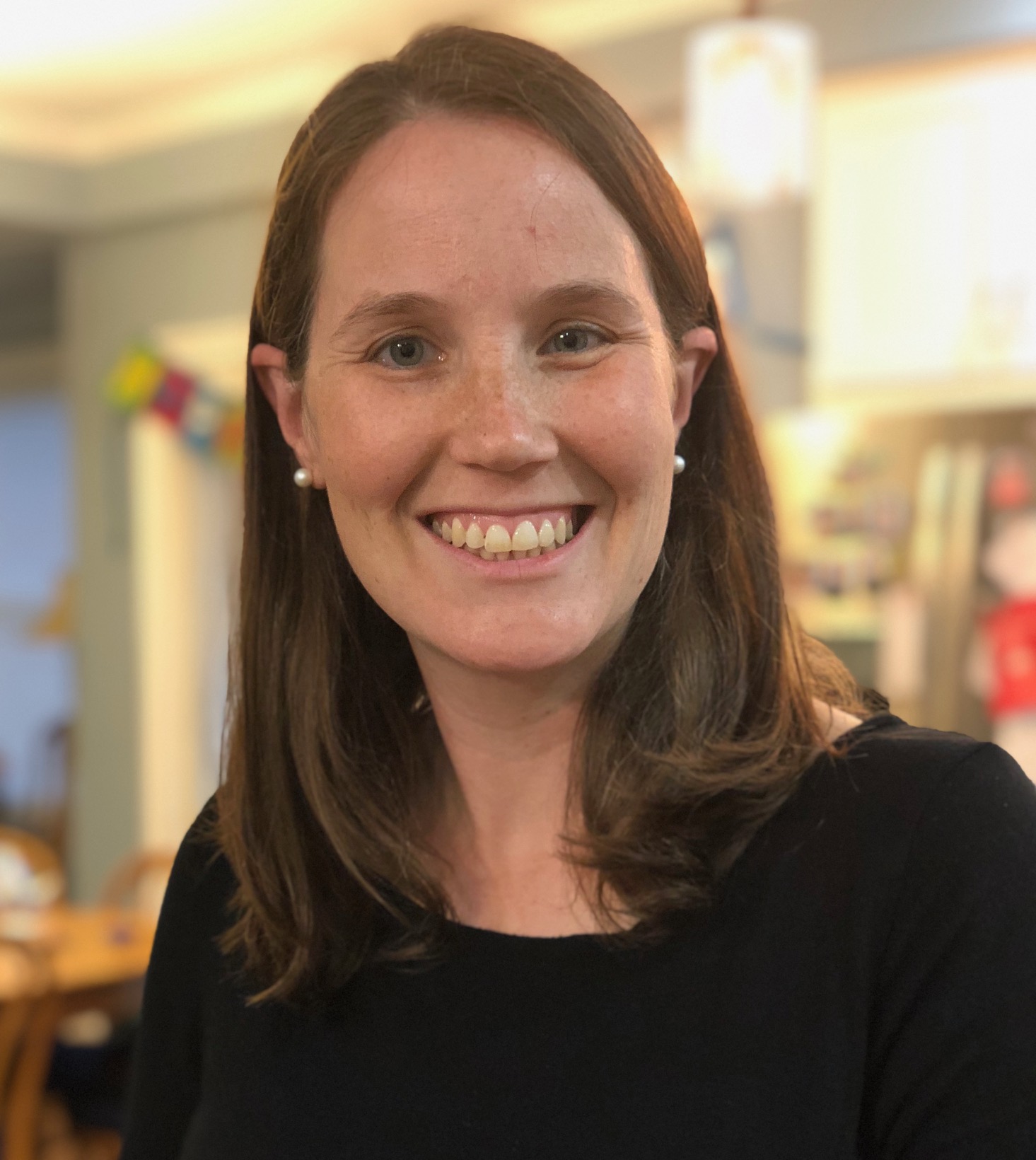Is Breast Cancer Hereditary? Explore Family History and Other Risks of Breast Cancer
You may be wondering, “is breast cancer hereditary?” or “what if I have no family history of breast cancer?” We asked Amanda Goldblatt, Brem advocate and previvor, about family risk factors for breast cancer.
While there is no simple answer, 75 percent of breast cancer diagnoses occur in women with no family history. If you are a woman with no other known risk factors or family history, you could still be affected by breast cancer. We encourage you to get your annual mammogram starting at age 40, do a breast self-exam every month, ask your doctor for clinical breast exams, and continue reading this article!
What Advice Would You Give to Women Who Say They Don’t Need to Get a Mammogram Because They Don’t Have a Family History of Breast Cancer (or Cancer at All)?
"An overwhelming majority of women diagnosed with breast cancer have no family history of cancer. Regular mammograms are critical for all women [starting at age] 40. Early breast cancer detection gives you the best chance for beating cancer."
What Do You Recommend for Women Who Are Concerned About Breast Cancer Due to a Family History?
"I would say you have every right to be concerned. Do not just sit around and wait to get cancer. Be proactive. Do self-exams and find a doctor you trust to put you on a regular schedule of mammograms. And when you are ready, inform yourself on genetic testing for breast cancer and get tested for the BRCA (breast cancer gene) and other breast cancer gene mutations (other known gene mutations which carry a high risk of breast cancer)."
What Are Some Challenges and Benefits to Genetic Testing for Breast Cancer and Looking into Your Family History for Breast Cancer?
"I firmly believe that knowledge is power. Once I knew I was BRCA2 positive, I could take action. I chose to have a prophylactic double mastectomy and five years later I am still very happy with my choice. The downside is you have the information and must face it in your own way. I waited until I was 38 to get tested. I was simply not ready to face the results. I am very lucky I went 37 years with no cancer. Not everyone with the breast cancer gene is so lucky."
What Advice Would You Give Someone Who Has Tested Positive for the BRCA Gene Mutation?
"There is no one path. There will be many people giving you advice, but you must do what is right for you. That may be aggressive surgery or getting regular mammograms and MRIs. Find your own path and know that it’s okay to change directions anytime it feels right."
What is One Thing Every Woman Should Do to Practice Best Breast Health?
"Self-exams. You know your breasts better than anyone. If there is a change, you will be able to detect it. Don’t wait for your annual mammogram to find a lump."
How Does the Breast Cancer Gene and Dense Breast Tissue Add to Risk Factors for Breast Cancer?
Family history of breast cancer, genetics, and breast density all increase your risk of getting breast cancer. As Amanda mentioned above, knowledge is power, and getting genetic testing can help determine the next steps and the best path for your breast health.
Dense breasts are another risk factor for breast cancer, and up until the Breast Density Notification Rule set by the FDA in March 2023, women were not always notified by their providers if they had dense breasts. If you are unaware, it’s important to ask your provider if you have dense breasts, as they can hide up to 50% of cancers on a mammogram, oftentimes requiring additional screening. Over 40% of women over 40 have dense breasts, so it’s not uncommon to have them.
The Find It Early Act was introduced into Congress to require both private and government insurers to cover the cost of tests beyond mammography with no cost-sharing. These additional screenings in many cases exceed $1,000. Stand with Brem and support the Find It Early Act.
Remember, it’s never too early to start thinking about your breast health.

About Amanda Goldblatt
Amanda Goldblatt is a longtime champion of the Brem Foundation. Running the Disney Marathon in 2018 to benefit Brem's work, Amanda has been a fierce advocate for early detection and breast health. With a family history of breast cancer and learning she was positive for the BRCA genetic mutation, Amanda had a double prophylactic mastectomy in 2016.



